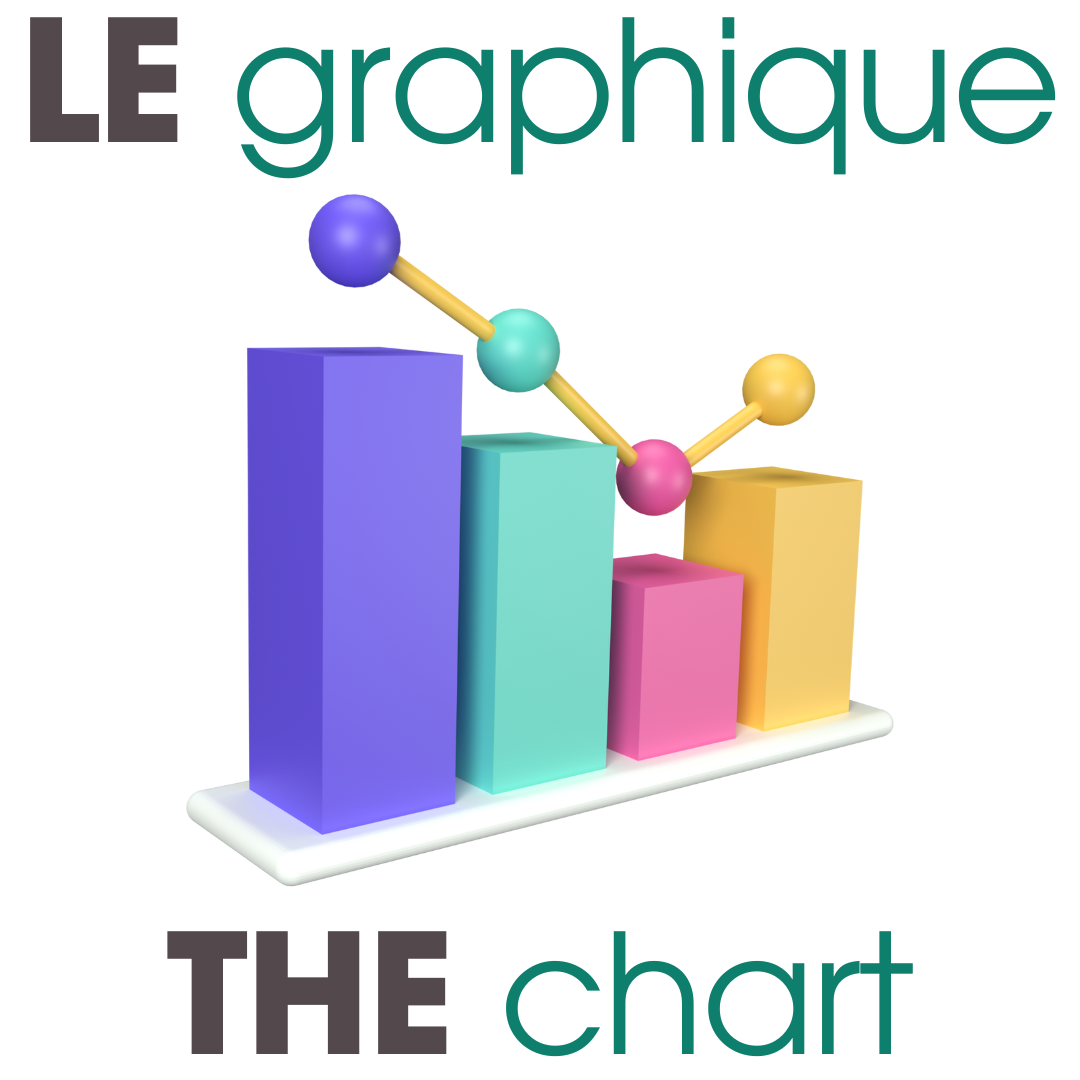
France’s Exorbitant Privilege
Despite its clear net debtor position, France receives more investment income than it pays out — a form of “exorbitant privilege” long associated with the United States.
By Laurence Nayman, Vincent Vicard
A country that is indebted to the rest of the world, with a negative net international investment position, should pay net interest or dividends to foreign asset holders (as have Spain and the United Kingdom over the last decade); conversely, a creditor country (such as Germany) should receive them. However, both France and the United States have negative net international investment positions while recording positive investment income (bottom-right quadrant of the chart); whereas Italy, conversely, finds itself in the opposite situation in 2024.
The French configuration, which merits the description of an “exorbitant privilege” long applied to the United States, stems from the structure of its assets and liabilities: the former, largely derived from French multinationals’ investments abroad, yield higher returns than the latter, which mainly consist of holdings of public debt by foreign investors. This situation has persisted into 2024, and continues to support France’s current account balance despite the recent rise in interest rates.
The French configuration, which merits the description of an “exorbitant privilege” long applied to the United States, stems from the structure of its assets and liabilities: the former, largely derived from French multinationals’ investments abroad, yield higher returns than the latter, which mainly consist of holdings of public debt by foreign investors. This situation has persisted into 2024, and continues to support France’s current account balance despite the recent rise in interest rates.
Further reading: Dette publique et investissements directs : le privilège exorbitant de la France.
.png)
< Back

